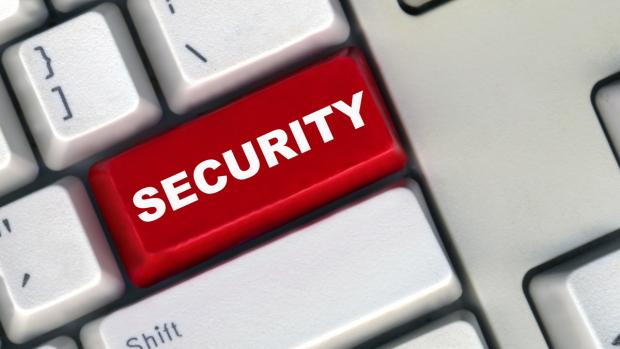Institute For Ethical Hacking Course and Ethical Hacking Training in Pune – India
Extreme Hacking | Sadik Shaikh | Cyber Suraksha Abhiyan

Credits: IndiaToday
Cyber attacks are among the key security challenges that India is facing and they could pose wide-ranging threats to key installations and cripple financial institutions, Union Home Secretary Rajiv Gauba said today.
Addressing a conference on homeland security, Gauba said that for countering cyber attacks, the security agencies have to stay ahead of the attackers and improve their capabilities and technology.
“Cyber attack is one of the important security challenges that the country is facing today or the world is facing. The cyber attacks can pose wide-ranging threats to power grids, they can impact and cripple financial institutions, that can result in leakage of sensitive information and so on,” he said.
Gauba said individual organisations and the government have to enhance their capabilities and for that there was a need for regular threat assessment and enhancing of ability to respond.
“Generally we do good in assessment but the same cannot be said for readiness. Because readiness entails investment and expertise. We need sound legal assessment and state of the art technical capabilities. That is where the private sector and government agencies have to work together,” he said at the conference organised by the FICCI.
The home secretary said that for countering the threat of cyber attacks, one has to have speed and agility and to stay ahead of the attackers, one has to adjust and improve.
“Expertise and technology have to be rapidly evolved. I think we must candidly acknowledge that this is not an area in which government has adequate in-house capabilities or expertise or inherent strength. Partnership with industry, partnership with private sector, partnership with academic world is utmost important,” he said.
Gauba also highlighted the phenomenon of increase in cyber espionage by corporates, by hostile governments to steal trade secrets and information to gain economic advantage or military advantage.
“Cyber attacks have become more organised with significant funding, passion, they are sophisticated, they often gain access and they wait for the right time, for the moment of their choice for their attacks,” he said.
Gauba said the Ministry of Home Affairs conducts regular security assessment and vulnerability assessment. In the last few years, the awareness and capability of the government agencies have vastly increased and many states have increased their capability.
“The government agencies have to increase their capability. The government has to fulfil the mandate of national security and secure individual security. Security agencies have to be aware about the best practices and all the agencies have to work together to prevent such attacks, investigate such attacks, prosecute the attackers,” he said.
The home secretary said many of country’s cyber attacks have been traced to Jamtara, Jharkhand, from where many of the attackers operate their modus operandi.
According to the National Crime Records Bureau (NCRB), a total of 9,622, 11,592 and 12,317 cyber-crime cases were registered in the country in 2014, 2015 and 2016 respectively. PTI ACB ASK ACB ASK ASK
www.extremehacking.org
Sadik Shaikh | Cyber Suraksha Abhiyan, Ethical Hacking Training Institute, CEHv10,CHFI,ECSAv10,CAST,ENSA, CCNA, CCNA SECURITY,MCITP,RHCE,CHECKPOINT, ASA FIREWALL,VMWARE,CLOUD,ANDROID,IPHONE,NETWORKING HARDWARE,TRAINING INSTITUTE IN PUNE, Certified Ethical Hacking,Center For Advanced Security Training in India, ceh v10 course in Pune-India, ceh certification in pune-India, ceh v10 training in Pune-India, Ethical Hacking Course in Pune-India
